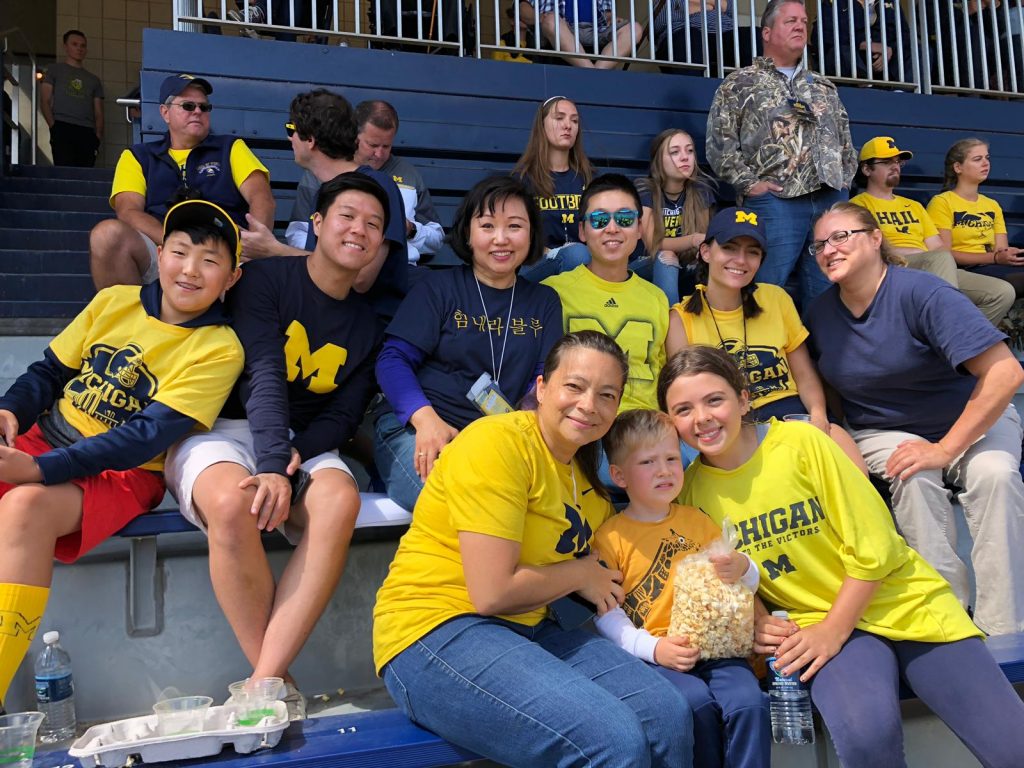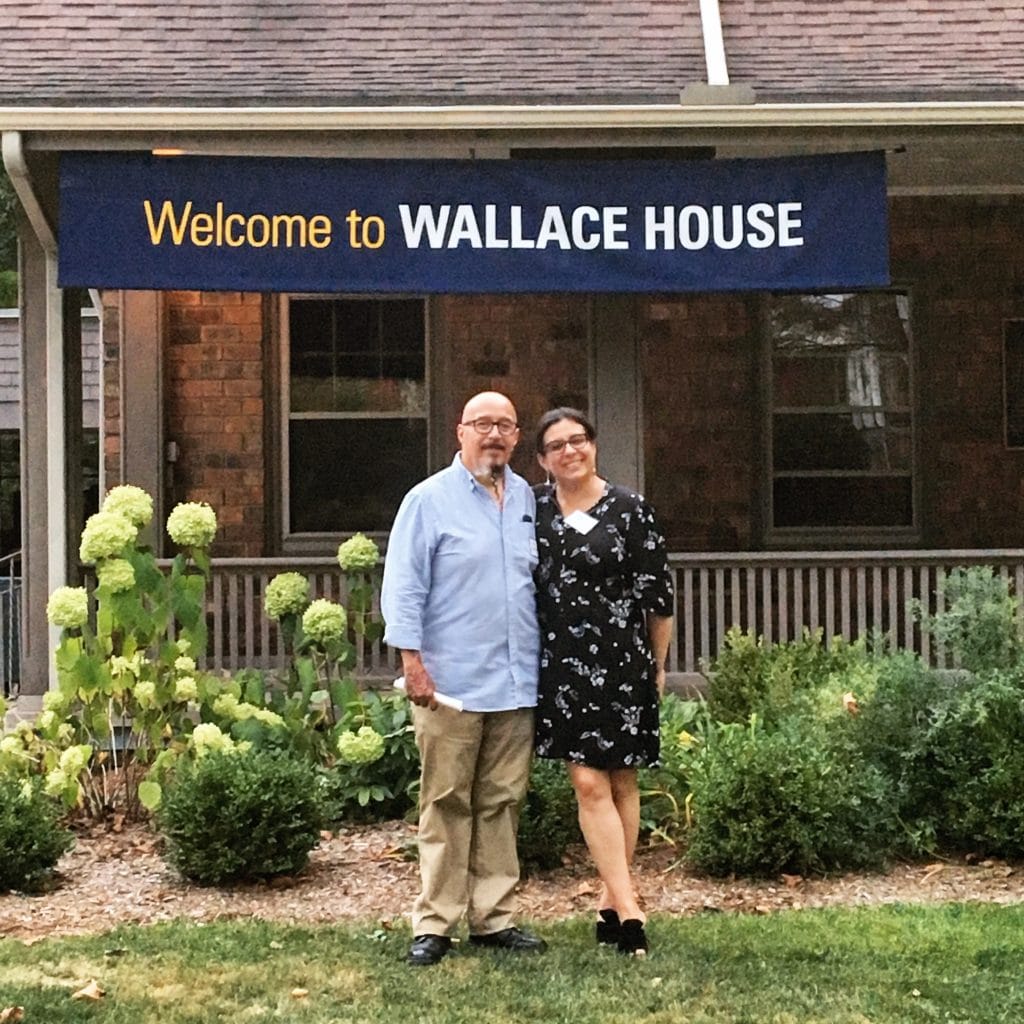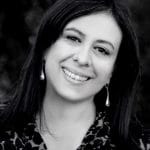
The Knight-Wallace Fellowship (KWF) offers accomplished journalists from all facets of the profession an academic year of study and collaborative learning at the University of Michigan. Journalists from the U.S. and abroad expand their knowledge, develop new ideas, pilot special programs and address challenges facing the journalism industry. Fellows devise a personalized study plan and participate in twice-weekly seminars. Extensive travel is a core component of the Knight-Wallace experience, and fellows receive stipends of $75,000.
We talked to Eileen Truax, a veteran journalist specialized in migration and politics, to learn about her experience and get some application tips!
1. What inspired you to apply for the Knight-Wallace Fellowship?
I’ve been a journalist for 25 years, 15 of them based in Los Angeles, covering immigration, and, for the past decade, I’ve been a freelancer. This kind of work has given me a lot of satisfaction–telling stories that matter, the time to write three books, the opportunity to travel sharing what I’ve found in my reporting–but it has also taken a toll, physically and emotionally.
When I applied to KWF, I was looking for the time and space to stop, breathe, and ask myself questions: What’s the next step in my career? Where do I see myself in five years, in ten? What are the new things that I want to do, and how can I do them? What’s missing in the work that I do every day?
If you are a journalist who runs after daily information, you have little time to think about your projects further than the next days, maybe weeks. Especially after the beginning of the Trump Administration, the pace and intensity of the information exhausted me; that’s why I decided to look for a year off.
One of the things that got my attention about KWF is the fact that this is a program that looks at the world outside. I think that some programs in the US, especially those based on renowned academic environments, are open to people from around the country and the world to go there and learn how things can be done. In the case of KWF, although the program is rooted in the prestigious University of Michigan (UM), an important part of it is the international traveling to visit other newsrooms, to talk to authorities and journalists in places where social and political changes are developing, and to listen to the people whose stories are often overlooked. Recent classes of KWF have traveled to countries like Brazil, Turkey, and South Korea, and in every case, those were life-changing experiences.
2. What have been some of the most eye-opening moments during your fellowship?
The thing that surprised me the most is how hard it was to slow down the pace to actually start enjoying the fellowship. When you are used to checking the news constantly–including those tweets that can change policies in minutes–, writing every day, pitching, sending invoices, and planning your upcoming work, it’s difficult to convince yourself that it’s OK not to do it. Once I got that, I opened myself to a vast array of experiences, some of them really unexpected. I got to audit outstanding classes–Public Policy at Ford School; Introduction to Islam, and even a Flamenco dance class!–and to meet with people who would give me a different vision of the subject of my interest–global migration.
But the most rewarding experiences during my time as a fellow were our sessions at Wallace House. Twice a week, we had the opportunity to meet in off-the-record sessions with other journalists, academics, social movement leaders, and politicians. After that, the whole group of fellows would have dinner together–prepared by ourselves in Wallace House’s kitchen–and stay late to talk about our new findings, questions and to share anecdotes. I can tell you that I got a real for-life family out of those nights.

3. What tips would you give others applying to the Knight-Wallace Fellowship?
The first thing I would recommend is to be honest with yourself about why you want a year out of the newsrooms. This will help you to decide if this is the right program for you and what you want to get out of it. The application process–writing your personal essay, thinking about your project, exploring the resources at UM that you can take advantage of–will help you to clarify that.
If you’re a finalist, you will be invited to have an interview. To me, the secret is to be yourself. If you are in that stage of the process, that means that every person in the selection committee already knows about your work and your achievements; now they want to know who you are. I can tell you that, for my experience with my fellow fellows, this program is made not just by outstanding professionals, but also great human beings. And to me, that’s the core of KWF.

© Victoria Johnson 2020, all rights reserved